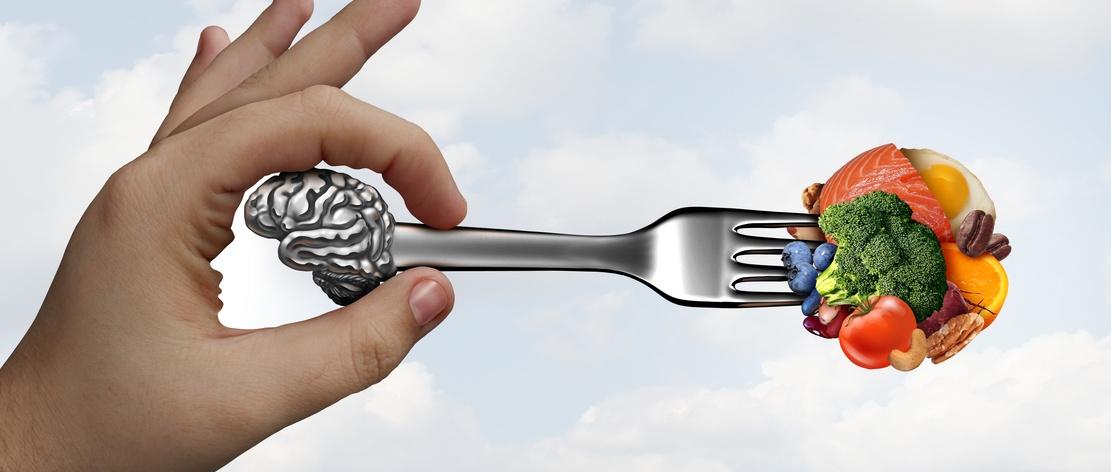
What's the difference between IBS and IBD?
Peer reviewed by Dr Krishna Vakharia, MRCGPLast updated by Lawrence HigginsLast updated 3 Dec 2024
Meets Patient’s editorial guidelines
- DownloadDownload
- Share
- Language
- Discussion
Irritable bowel syndrome (IBS) and inflammatory bowel disease (IBD) are easy conditions to confuse. As well as having similar names, the two have many similar symptoms - if you have one of these conditions you may have stomach (abdominal) pain, cramps, constipation and diarrhoea, as well as feeling generally unwell.
But the conditions are quite distinct, with different causes and different treatments. If you're having any of these symptoms, it's important to see your doctor who can give you a definite diagnosis.
In this article:
Video picks for Irritable bowel syndrome
How IBS and IBD differ
The main difference between the two is that IBS is classed as a 'functional' disease - where the symptoms lack an identifiable cause - whereas IBD involves some damage to the gut that will be more clear after examination and further investigations done by a specialist.
"With IBS, there are problems with the way in which the diet, gut nervous system and microbiome interact with the brain and central nervous system," says Dr Simon Smale, a stomach specialist (gastroenterologist) and trustee at The IBS Network. "People with IBD get episodes of inflammation within the gut, leading to changes you can see using an endoscope. So with IBS, the lining of the bowel looks normal, while with IBD there may be patches which are not right."
IBD is an umbrella term for several different conditions, including ulcerative colitis and Crohn's disease. Ulcerative colitis affects the inner lining of the colon and rectum, whereas Crohn's disease can affect any part of the digestive tract.
As well as the digestive symptoms, people with IBD might also have
Unexplained weight loss.
Bleeding from the bottom (rectum).
Joint pain.
Skin problems.
These symptoms vary from person to person and are likely to be on and off - so you may have flare-ups every so often, with periods of good health in between.
Although IBD can significantly affect your day-to-day functioning, it is not always more serious than IBS. As Dr Smale explains, both are long term (chronic) conditions, which can range from mild to very severe.
"The symptoms of IBS can be as debilitating as the symptoms of IBD, and it can be very difficult for us to tell the difference," he says. "So, it's important that people have tests that help differentiate between the two."
Diagnosis and treatment
Back to contentsWhen you go to the doctor with IBS symptoms, they may order a series of blood tests to rule out other conditions. Typically, this will include a full blood count, a test for markers in the blood of inflammation, and a test for coeliac disease - another condition that can cause similar symptoms. You may also be asked to carry out a poo (stool) test.
If all these tests do not find anything and you're having typical symptoms, that provides a strong indication you have IBS. You may be prescribed a medicine like an intestinal antispasmodic, as well as guidance about lifestyle or dietary changes. Generally, self-management is the most effective treatment.
A positive result to a test which has found an issue may require further investigation. If the doctor thinks you may have IBD, you may be referred for an endoscopic procedure such as a colonoscopy - which may involve a biopsy where they test a small piece of your skin. Your doctor may also refer you to a specialist at the hospital for further investigations.
With IBD, treatment is geared towards reducing the inflammation in your bowel. Medicines might include immunosuppressants, which ease the immune response in the gut, steroids - used for short-term treatment during a relapse - and biologic medicines. Some people may eventually need surgery to remove the damaged part of the stomach. People with IBS are unlikely to need surgery or immunosuppressants.
But as IBD and IBS symptoms vary from person to person, so too will treatment. Some will require surgery while others may manage it by recognising the triggers. Always speak to your doctor about what is best for you.
Patient picks for Irritable bowel syndrome

Digestive health
What is the link between IBS and anxiety?
Irritable bowel syndrome (IBS) can cause a combination of tummy cramps, diarrhoea, bloating and constipation. It's a long-term health condition that can affect your quality of life. Although changing your diet and taking certain medicines can help, poor mental health and IBS symptoms can mutually aggravate each other.
by Victoria Raw

Digestive health
Are the symptoms of IBS in men and women different?
We compare the different symptoms of IBS in women and men and explore how both sex and gender can shape your experience of this disorder.
by Amberley Davis
Continue reading below
Article history
The information on this page is peer reviewed by qualified clinicians.
Next review due: 3 Dec 2027
3 Dec 2024 | Latest version
18 Jan 2018 | Originally published
Authored by:
Abi Millar

Ask, share, connect.
Browse discussions, ask questions, and share experiences across hundreds of health topics.

Feeling unwell?
Assess your symptoms online for free
Sign up to the Patient newsletter
Your weekly dose of clear, trustworthy health advice - written to help you feel informed, confident and in control.
By subscribing you accept our Privacy Policy. You can unsubscribe at any time. We never sell your data.